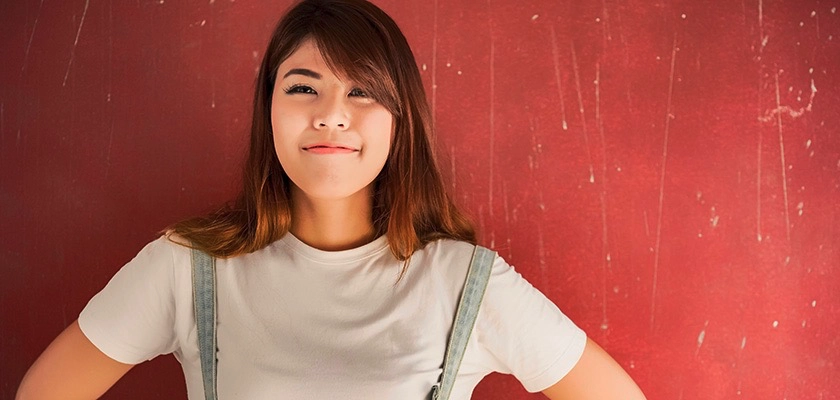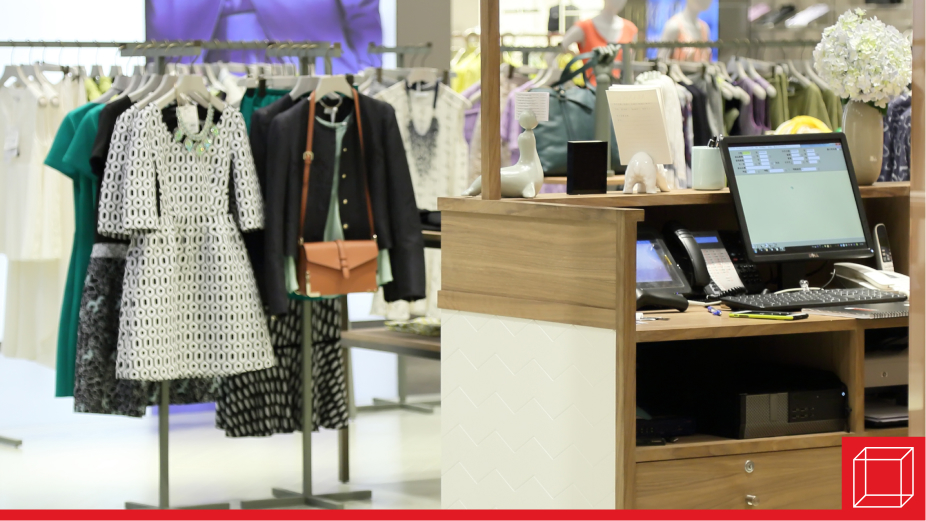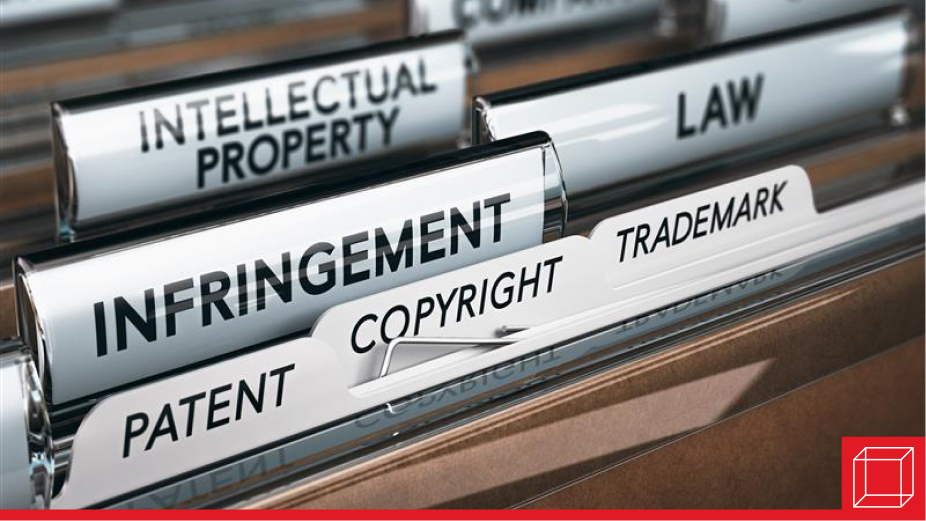Sustainable Fashion Brand Another Tomorrow Considers Workers and the Planet | January 2022
Some people believe the fashion industry cannot be sustainable and that fast fashion is here to stay. One company, Another Tomorrow has other ideas.

Another Tomorrow is a B Corporation-certified luxury clothing brand founded by Vanessa Barboni Hallik. Hallik takes a three-pronged approach to her company: create ethically and responsibly made clothing, educate, and create a platform for activism. The company’s pillars, environmental, animal, and human welfare guide everything Another Tomorrow Does.
Some people believe the fashion industry cannot be sustainable no matter how hard it tries, but Another Tomorrow has other ideas. The company is committed not only to sustainable and ethical sourcing and manufacturing but also to the fair treatment of its workers. Apparel manufacturing is known for low wages and poor working conditions, but Another Tomorrow leads with supply chain transparency.
Sustainable and Ethical Sourcing
When selecting raw materials, Another Tomorrow considers resource efficiency, supply chain transparency, the sustainability of materials, traceability, ecological footprint, and many other factors. The company uses ethical wool, organic cotton, organic linen, and recycled cashmere to make its high-end fabrics that are woven and dyed according to responsible chemical standards.
Sustainable sourcing at scale is very challenging for fashion brands. Part of the reason Another Tomorrow can maintain such high standards is its premium price point. The company puts a QR code on its garments so customers can view details on the item’s supply chain journey.
Animal Welfare
Animal welfare is another important pillar for Another Tomorrow. Leather, wool, fur, animal skin, down, and silk are examples of materials that are potentially harmful to animals. Another Tomorrow sources its wool from ethical sheep farms in Tasmania, Australia. Interestingly, one of them is run by Nan Bray, a former climate scientist. Another Tomorrow does not use silk, which results in killing silkworms in its production, and down from ducks or geese as many of these animals are killed in production.
Human Capital
Another Tomorrow pays living wages for all its garment workers, following local standards. One challenge the company has faced relates to climate change. Extreme weather patterns caused by climate change have threatened the company’s ethical wool supply which is a threat to its organizational goals. For example, switching to a new sheep farm would threaten the company’s ability to verify the working conditions of its suppliers. This type of change would have to be done with careful consideration and investigation. As the company diversifies and expands its pool of suppliers, it is focusing on traceability and transparency to support good working conditions.
The fashion industry has a long way to go with sustainability. Consumption patterns over the last two decades have changed to favor so-called “fast fashion.” Fast fashion refers to highly profitable, cheap, trendy clothing. Consumers buy clothing at a much faster rate than they used to.
Another Tomorrow, however, positions itself on the opposite end of the fashion spectrum. The company operates on a platform for a technology-based circular economy, a framework that involves reducing waste and pollution, recycling materials, and keeping products in use for as long as possible. It sells high-quality investment pieces that are designed to stand the test of time. To reduce waste, the company offers its customers the option to resell their clothes on the company’s website.
As a Certified B Corp, Another Tomorrow meets high standards of performance, accountability, and transparency. Other B Corp clothing brands include Athleta, Bombas, Patagonia, Allbirds, and more. This voluntary certification is hard to achieve and demonstrates a commitment to society. Another Tomorrow hopes to use fashion as a form of activism and set a new standard of what’s possible in the industry.
In the Classroom
This article can be used to discuss mergers and acquisitions (Chapter 2: Business Ethics and Social Responsibility).
Discussion Questions
- What makes Another Tomorrow sustainable?
- In what ways is “fast fashion” bad for the planet?
- What challenges do sustainable fashion brands, such as Another Tomorrow, face?
This article was developed with the support of Kelsey Reddick for and under the direction of O.C. Ferrell and Linda Ferrell.
Sources
Another Tomorrow, "Who We Are," https://anothertomorrow.co/about/who-we-are/
Emily Farra, "Another Tomorrow’s New Space on Bleecker is About Substance, Not Stuff," Vogue, July 20, 2021, https://www.vogue.com/article/another-tomorrow-sustainable-brand-new-store
Melissa Godin, "The Climate Threats Facing Fashion’s Favourite Natural Fibres," Vogue Business, December 2, 2021, https://www.voguebusiness.com/sustainability/the-climate-threats-facing-fashions-favourite-natural-fibres
Morgan McFall-Johnsen, "These Facts Show How Unsustainable the Fashion Industry Is," World
Economic Forum, January 31, 2020, https://www.weforum.org/agenda/2020/01/fashion-industry-carbon-unsustainable-environment-pollution/
Talib Visram, "How to Build a Fashion Brand That Considers Both Its Workers and the Planet," Fast Company, November 19, 2021, https://www.fastcompany.com/90699185/how-to-build-a-fashion-brand-that-considers-both-its-workers-and-the-planet



